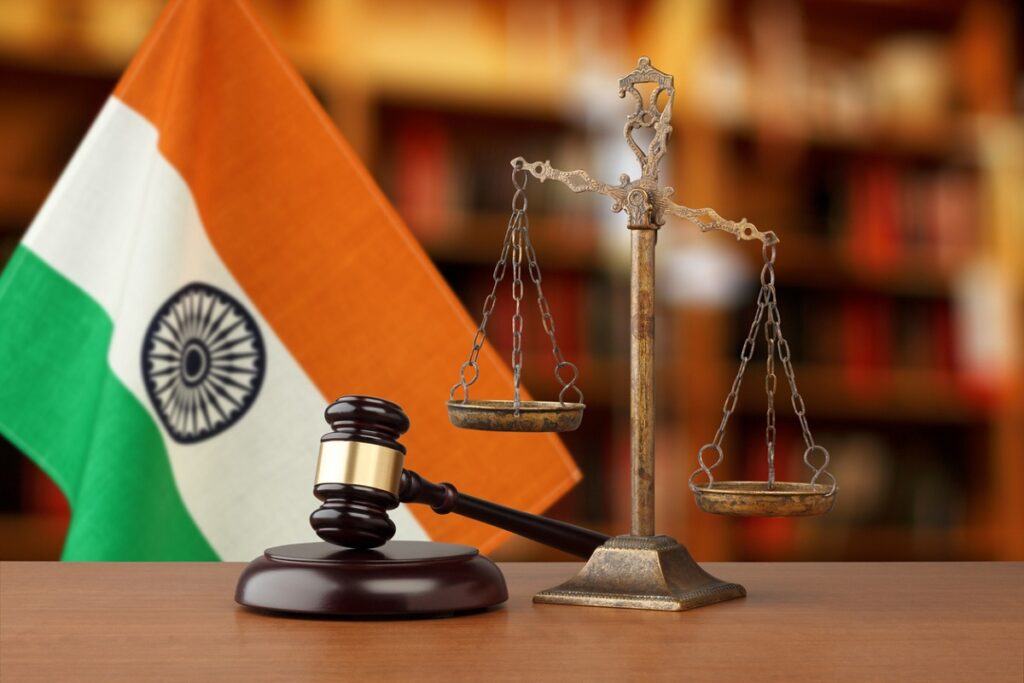
INTRODUCTION:
The Delhi Judicial Exam, also known as the Delhi Judiciary Service Exam, is a prestigious examination conducted to recruit qualified individuals for judicial positions within the Delhi Judiciary Services. This examination is a gateway for aspirants aiming to become Civil Judges (Junior Division) or Metropolitan Magistrates in the Delhi Higher Judicial Service.
SYLLABUS
The syllabus for the Delhi Judiciary Service Exam may vary slightly depending on the conducting authority and any updates made to the syllabus over time. However, here is a general overview of topics that are commonly included in the syllabus for Delhi judicial exams:
Constitutional Law:
- Study of various provisions of the Indian Constitution in detail, including Fundamental Rights, Directive Principles of State Policy, and Fundamental Duties.
- Understanding the interpretation of the Constitution through landmark judgments of the Supreme Court.
- Knowledge of recent constitutional amendments and their implications.
Code of Civil Procedure:
- Detailed understanding of the procedural aspects of civil cases, including jurisdiction, pleadings, and evidence.
- Familiarity with the process of execution of decrees, temporary injunctions, and appeals.
- Understanding of recent amendments and significant judicial pronouncements relating to civil procedure.
Code of Criminal Procedure:
- Comprehensive knowledge of the procedural aspects of criminal cases, such as arrest, investigation, trial, and appeals.
- Understanding of bail, remand, and various provisions related to the rights of the accused and victims.
- Awareness of recent developments in criminal procedure law, including important judgments and legislative changes.
Indian Penal Code:
- In-depth study of various offenses under the Indian Penal Code (IPC), including their definitions, elements, and punishments.
- Understanding of general principles of criminal liability, defenses, and exceptions.
- Analysis of recent amendments to the IPC and notable judicial decisions interpreting its provisions.
Indian Evidence Act:
- Thorough understanding of the law of evidence, including relevancy, admissibility, and burden of proof.
- Knowledge of different types of evidence, such as oral, documentary, and circumstantial evidence.
- Familiarity with rules governing examination-in-chief, cross-examination, and re-examination of witnesses.
Specific Relief Act:
- Understanding of specific remedies available in civil cases, including injunctions and specific performance.
- Study of principles governing the grant of specific reliefs and their applicability in different situations.
- Analysis of important judicial precedents related to specific relief law.
Limitation Act:
- Comprehensive knowledge of the principles and provisions of the Limitation Act.
- Understanding of the computation of limitation periods for different types of suits and applications.
- Awareness of recent amendments and significant judicial interpretations of the Limitation Act.
Transfer of Property Act:
- Study of the law relating to the transfer of property, including sale, mortgage, lease, and gift.
- Understanding of essential concepts such as transfer, consideration, and registration of property.
- Analysis of recent developments and important case laws in property law.
Family Law:
- Detailed study of various family laws governing marriage, divorce, adoption, and maintenance.
- Understanding of legal rights and obligations of parties in matrimonial disputes.
- Awareness of recent legislative changes and significant judicial pronouncements in family law.
Contract Law:
- In-depth knowledge of the principles of contract law, including formation, performance, and discharge of contracts.
- Understanding of essential elements of a valid contract, such as offer, acceptance, consideration, and intention to create legal relations.
- Analysis of recent developments in contract law, including important judgments on contract interpretation and enforcement.
These subjects form the core of the syllabus for the Delhi Judiciary Service Exam. Candidates are advised to study these topics comprehensively, referring to standard textbooks, case law digests, and relevant legal materials. Additionally, solving previous years’ question papers and participating in mock tests can help in better understanding and preparation for the exam.
jurisprudence:
- Study of various theories and schools of jurisprudence, including natural law, positivism, legal realism, and legal positivism.
- Understanding of the nature and purpose of law, legal reasoning, and the relationship between law and morality.
- Analysis of contemporary debates and developments in jurisprudence, including critical legal studies and feminist jurisprudence.
International Law and Human Rights:
- Comprehensive knowledge of international treaties, conventions, and human rights instruments.
- Understanding of the principles of international law, including state sovereignty, state responsibility, and the law of treaties.
- Awareness of international human rights norms and mechanisms for their protection, including the role of international courts and tribunals.
Public International Law:
- Study of the sources of international law, including treaties, custom, general principles, and judicial decisions.
- Understanding of statehood, recognition, state jurisdiction, and immunities under international law.
- Analysis of contemporary issues in public international law, such as state responsibility for international crimes and the law of the sea.
Law of Tort:
- In-depth understanding of tort law principles, including negligence, nuisance, defamation, and strict liability.
- Knowledge of the elements of tort liability, including duty of care, breach of duty, causation, and damage.
- Analysis of recent developments and significant judicial decisions in tort law, including emerging torts such as cyber torts and environmental torts.
Environmental Law:
- Study of environmental protection laws, including statutes governing air pollution, water pollution, and environmental impact assessment.
- Understanding of wildlife protection laws, biodiversity conservation, and forest conservation laws.
- Analysis of international environmental law principles and their incorporation into domestic legal frameworks.
Cyber Laws:
- Comprehensive knowledge of the Information Technology Act and other relevant statutes governing cybercrimes and cybersecurity.
- Understanding of legal issues related to electronic transactions, digital signatures, and electronic evidence.
- Analysis of recent developments in cyber law jurisprudence, including landmark judgments on data protection and privacy rights.
Candidates preparing for the Delhi Judiciary Service Exam should cover these subjects thoroughly, focusing on both theoretical concepts and practical applications. Additionally, staying updated with recent legal developments, including legislative amendments and judicial pronouncements, is crucial for success in the exam. Regular practice through mock tests and solving previous years’ question papers can also help in improving exam preparedness.
CONCLUSION:
In conclusion, the Delhi Judiciary Service Exam stands as a significant gateway for individuals aspiring to serve as Civil Judges (Junior Division) or Metropolitan Magistrates within the Delhi Judiciary. Through a rigorous selection process comprising preliminary and main written examinations, as well as a viva-voce or interview round, the exam identifies candidates with a strong understanding of legal principles, analytical acumen, and the ability to uphold justice impartially. Upon successful completion of the examination process, candidates are appointed to key positions within the judicial system, where they play a crucial role in adjudicating civil and criminal matters, ensuring the protection of rights, and upholding the rule of law in Delhi. These appointed judges contribute significantly to maintaining the integrity and efficiency of the judicial system, thereby fostering public trust and confidence in the administration of justice.

For the detailed syllabus: CLICK HERE
For more exams: CLICK HERE